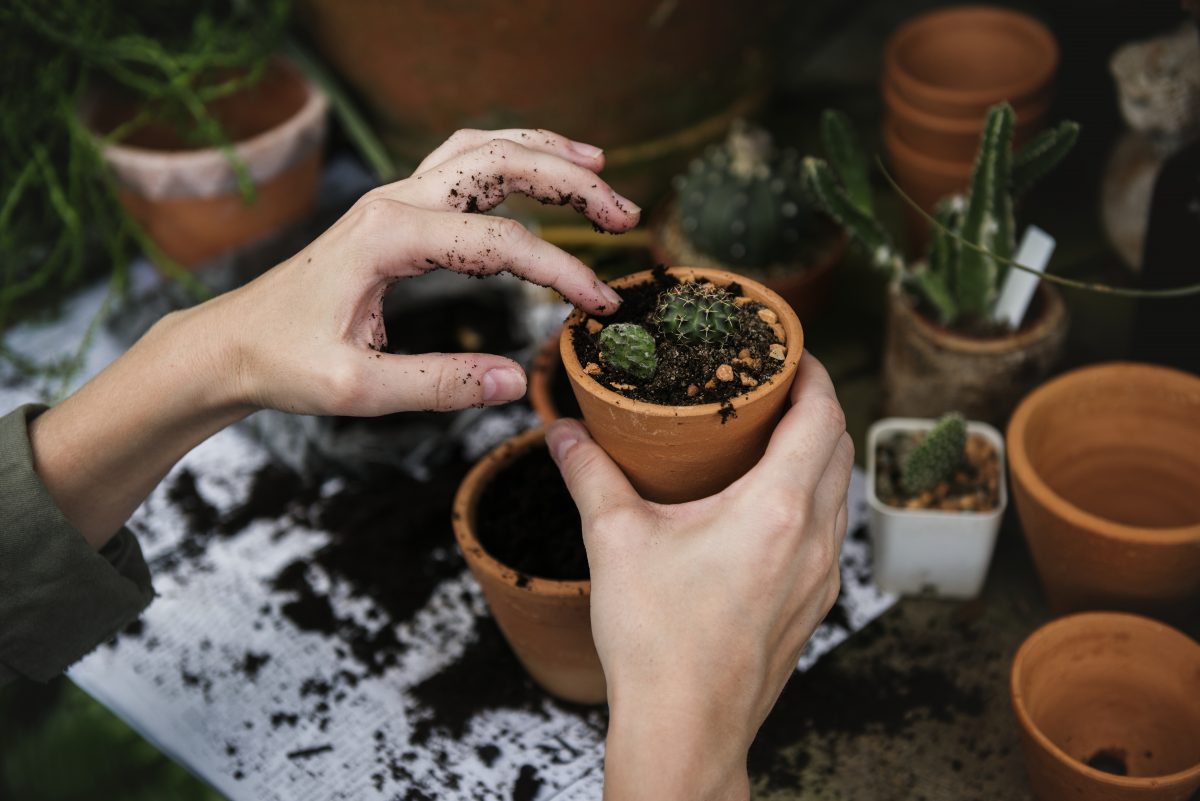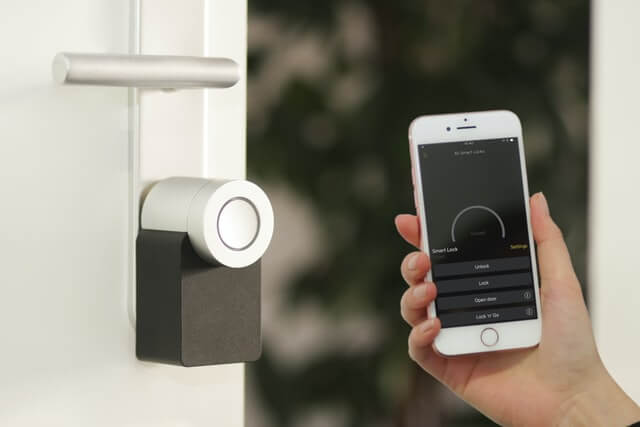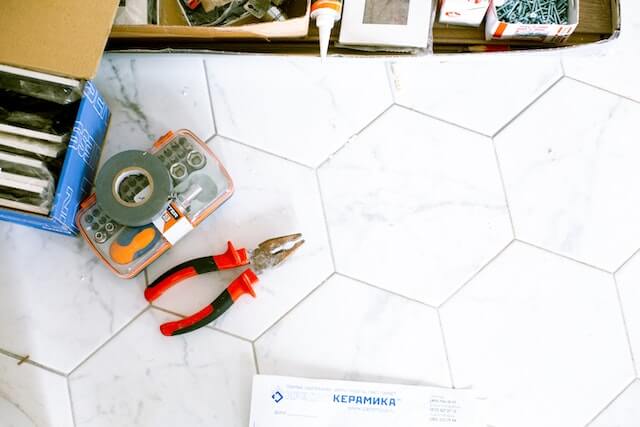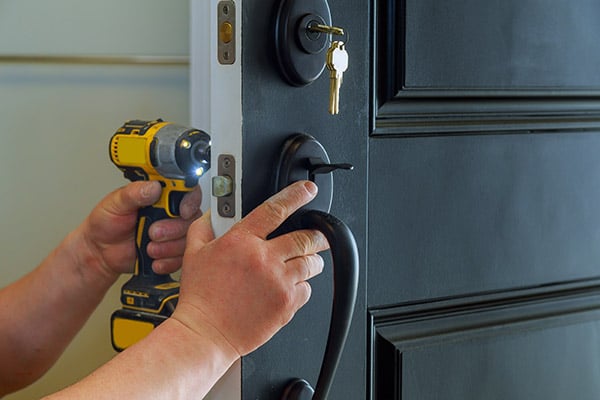Your backyard should be a relaxing retreat where you can unwind, entertain, and enjoy the great outdoors. But when pests invade, that peaceful sanctuary can quickly become a battleground. Whether it’s mosquitoes buzzing in your ears, ants marching across your patio, or rabbits chewing up your vegetable garden, backyard pests are a nuisance — and in some cases, a real threat to your health, plants, and property. Fortunately, with the right strategies, you can reclaim your outdoor space and keep it pest-free. Here’s how to protect your backyard from pests, step-by-step.
1. Understand Common Backyard Pests
The first step in protecting your backyard is understanding what you’re up against. Common backyard pests include:
- Mosquitoes – Thrive in standing water and are known carriers of diseases.
- Ants – Can build colonies in soil or under patios and invade outdoor eating areas.
- Ticks – Often found in tall grass and wooded areas, posing a risk of Lyme disease.
- Flies – Attracted to food, garbage, and pet waste.
- Rats and mice – Can enter sheds, compost bins, or gardens looking for food and shelter.
- Snails and slugs – Common in damp gardens and known for damaging plants.
- Beetles, aphids, and caterpillars – Feed on foliage, flowers, and fruits.
- Raccoons, rabbits, and deer – Larger pests that feed on vegetables and ornamental plants.
Identifying which pests are frequenting your yard will help you tailor your prevention and treatment methods.
2. Remove Standing Water
Standing water is the perfect breeding ground for mosquitoes. Even small amounts — like the water collected in a flowerpot saucer or an old bucket — can support mosquito larvae. Here’s what to do:
- Empty birdbaths and refill them regularly.
- Clear out clogged gutters and downspouts.
- Check plant containers and decorative items for pooling water.
- Cover rain barrels or treat them with mosquito dunks.
- Fix leaky outdoor faucets or hoses that create puddles.
By eliminating water sources, you make your backyard far less attractive to mosquitoes and other water-loving pests.
3. Maintain Your Lawn and Garden
A well-maintained yard is less inviting to pests. Tall grass, thick underbrush, and unkempt garden beds provide cover and breeding grounds for insects and rodents. Regular yard maintenance includes:
- Mowing the lawn weekly during growing seasons.
- Pruning shrubs and trees to eliminate overgrowth.
- Removing fallen leaves, woodpiles, and plant debris.
- Turning compost regularly to deter rodents.
- Keeping mulch at least six inches away from your home’s foundation.
Also, avoid excessive watering, as damp soil can attract insects like earwigs, centipedes, and slugs.
4. Use Natural Pest Deterrents
Chemical pesticides can be effective but often pose risks to children, pets, and beneficial insects like bees and butterflies. Natural deterrents offer a safer solution. Here are some effective ones:
- Essential oils: Peppermint, eucalyptus, citronella, and tea tree oils can repel insects when diluted and sprayed around patios and entrances.
- Diatomaceous earth: A natural powder made from fossilized algae that kills crawling insects by dehydrating them.
- Garlic and chili sprays: DIY sprays can repel leaf-eating pests.
- Coffee grounds: Sprinkled around garden beds, coffee grounds can deter ants and slugs.
You can also plant pest-repelling plants such as lavender, marigolds, rosemary, and basil around your yard and garden.
5. Install Physical Barriers
Barriers can prevent pests from entering or nesting in specific areas. Consider these options:
- Netting or mesh over vegetable beds to block birds and rabbits.
- Row covers for delicate crops to prevent insect infestations.
- Fencing to keep out deer and raccoons. A wire fence should be at least 6–8 feet tall and buried several inches underground to prevent digging.
- Raised garden beds with hardware cloth bottoms to block burrowing pests like voles and gophers.
Additionally, sealing cracks in outdoor structures like sheds and decks will prevent rodents from entering and nesting.
6. Attract Beneficial Insects and Wildlife
Not all critters are bad for your backyard. In fact, many beneficial species help naturally control pest populations:
- Ladybugs feed on aphids and other soft-bodied insects.
- Praying mantises eat a wide variety of garden pests.
- Birds consume caterpillars, beetles, and other harmful insects.
- Bats eat mosquitoes and moths — some can eat up to 1,000 insects per hour.
You can attract these allies by providing habitat, water, and food sources:
- Install birdhouses, feeders, and birdbaths.
- Grow a diverse range of flowering plants to support pollinators and predators.
- Avoid using broad-spectrum insecticides that kill both pests and beneficial species.
7. Manage Trash and Food Waste
Trash and food scraps are a magnet for flies, rodents, and raccoons. Managing waste properly is key to deterring these pests:
- Use sealed trash bins with locking lids.
- Store garbage away from the main gathering areas.
- Clean grills and outdoor eating areas immediately after use.
- Don’t leave pet food outside overnight.
- Secure compost bins with lids and avoid adding meat or dairy.
Keeping your outdoor areas clean and free of lingering food smells reduces the likelihood of attracting pests.
8. Light Strategically
Outdoor lighting can attract insects, especially mosquitoes and moths. To reduce this:
- Use yellow “bug” bulbs, which are less attractive to insects.
- Install motion-sensor lights instead of leaving lights on all night.
- Place lights away from doors and seating areas to keep pests at a distance.
- Consider using solar garden lights with UV filters.
Less lighting doesn’t mean less safety or ambiance — it just means smarter lighting.
9. Treat Problem Areas Promptly
If you notice signs of an infestation — such as chewed leaves, droppings, nests, or swarms — act quickly. The longer pests are allowed to settle in, the harder they are to remove. Depending on the pest, treatment may involve:
- Applying targeted insecticidal soaps or neem oil.
- Setting traps for rodents or raccoons.
- Sprinkling pest control granules around the perimeter of your yard.
- Calling a professional exterminator if the issue escalates.
Early intervention saves time, effort, and money in the long run.
10. Consider Professional Pest Control
For persistent or large-scale pest problems, a professional pest control service may be the best option. Look for companies that:
- Offer eco-friendly or integrated pest management (IPM) solutions.
- Provide free consultations and customized plans.
- Have good local reviews and licensed technicians.
If you’re in Cairns, you can also rely on targeted pest control from Cairns – specialists who understand the local environment and can provide tailored solutions to address your pest problems effectively. Professionals can offer long-term prevention strategies and safe treatments that are difficult to replicate with DIY methods.
11. Monitor and Adjust Seasonally
Pest activity changes with the seasons. Mosquitoes thrive in summer, rodents seek shelter in fall, and slugs come out in spring. To stay ahead of the cycle:
- Conduct seasonal inspections for nests or burrows.
- Adjust watering and mowing schedules as temperatures change.
- Replace traps, repellents, and barrier materials as needed.
- Plan your garden layout with pest deterrence in mind.
Stay proactive year-round to protect your backyard from seasonal pest surges.
Final Thoughts
Creating a pest-free backyard doesn’t require toxic chemicals or costly renovations — just consistent care, smart planning, and a bit of know-how. By understanding the pests in your area, maintaining a clean and well-designed outdoor space, and using both natural and physical deterrents, you can enjoy a peaceful, productive, and protected backyard.
Whether hosting summer barbecues, growing a vegetable garden, or simply relaxing in the sun, these tips will help you reclaim your backyard from unwanted guests. With a little diligence and creativity, you can strike a healthy balance between enjoying nature and keeping its pesky invaders at bay.










